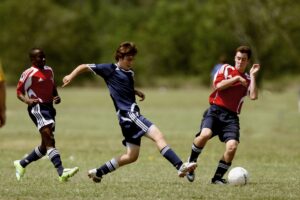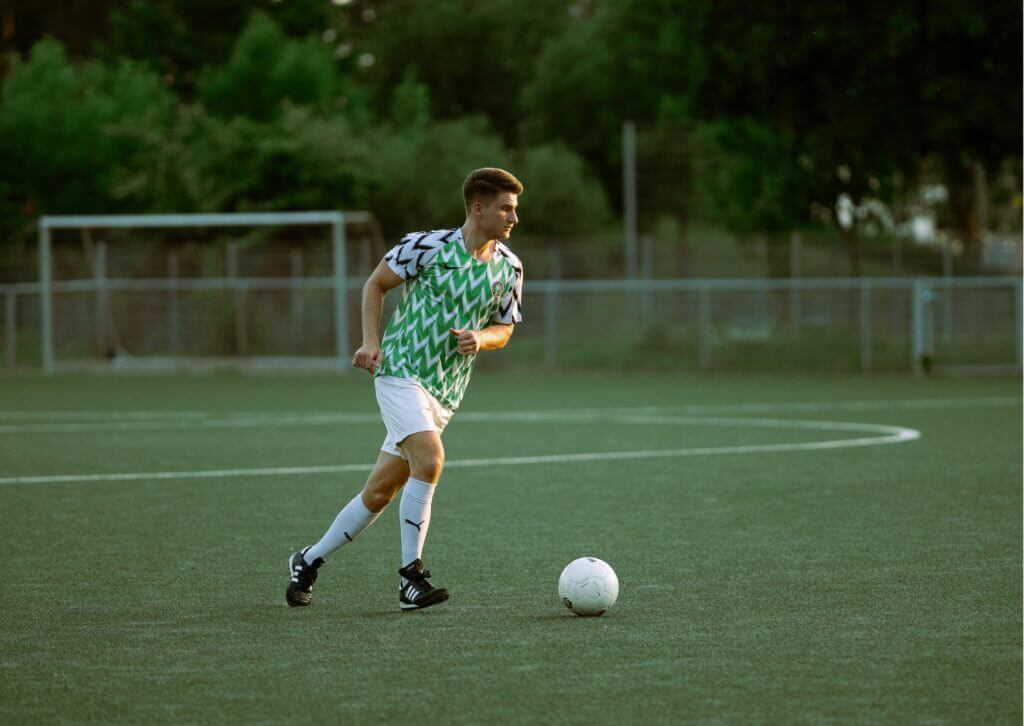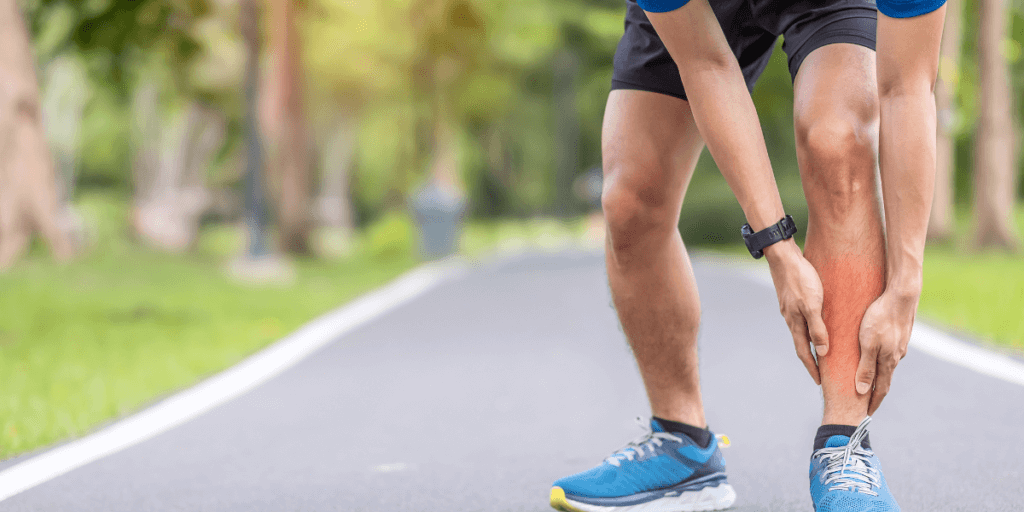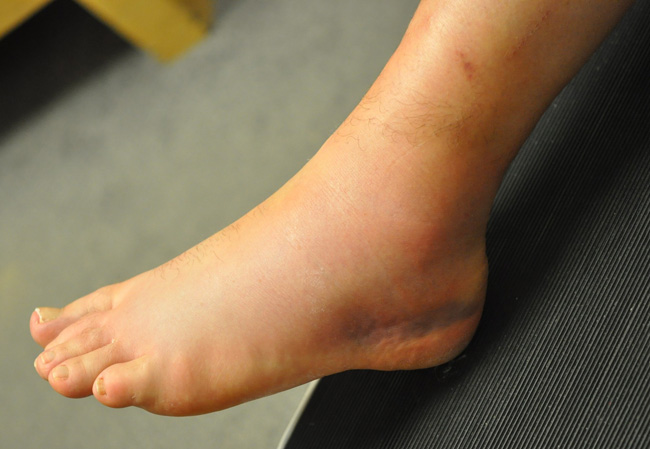
As the restrictions start to lift and the world slowly creeps towards normality, we can all breathe a sigh of relief that sport is now gracing our screens again. The Premier League has seen Liverpool crowned champions after a busy playing schedule post COVID.
Equally as important, we see the return of GAA and Leinster senior league training, and matches in a frenzy to finish the seasons out. Months of resting, eating and drinking has been replaced by shuttle runs, sweat and stitches. It seems to be training after training, game after game, all crammed into a tiny window. As great as it feels to be back at it, this rapid increase in loading through the joints, muscles and tendons can lead to some injury problems.
Below are some useful tips to help minimise the effects of this increased load and help to improve recovery for the next session.

1) Respect the load
If pre COVID you were able to bench 100kg but you have not been at the gym for three months, would you expect to be able to lift the same straight away? No! Of course you wouldn’t. The same applies to returning to training and running. You are not the same athlete you were a few months back, YET! Treat it as preseason again with a scaled approach to loading. Your tendons and joints can get angry with a sudden change of force and your muscles can be more susceptible to injury. 90% of the cases we see in the clinic are caused by too much of a change too quickly. Don’t push through it, ease in!
2) Don’t neglect the basics
Strength training lays the solid foundations to allow us to perform to our highest level. I know it can be difficult to muster the energy to perform those Bulgarian split squats or glute exercises after a hard running session. However, it is important now, more than ever, to maintain strength gains made during COVID or to claw back strength losses to allow for a greater load capacity.
3) What about the kids?
I know what you are thinking, kids can run all day and they will be fine! For the most part this is true. However, with kid’s underdeveloped skeletal structures, the tendons are stronger than bones. An increased load can put extra stress onto these attachment sites or irritate the growth plate which can lead to ‘apophysitis’. The two most common types of ‘apophysitis’ are most notably seen in the heel (sever’s) and the knee (osgood-schlatter). When considering your child’s loading capacity don’t forget that running and playing with friends counts as much as specific team training.
4) Load management
I am like a broken record at this stage, but I cannot stress this enough. Load management is key! Planning your training in the right order i.e. not performing lots of sprints at the end of a tough session. Another key component of load management is of course rest. While some of you will be trying to piece the body together the morning after, there will be a few of you who push it too hard, too quickly, with little or no rest between tough sessions. This is a dangerous dance with muscle and tendon issues. Give yourself time to adapt to stresses put on to the body and allow yourself to recover, to be able to give 100% every session. Try to allow for at least 48 hours between tough sessions.
I know the LSL and GAA championship matches are coming thick and fast. Should you suffer any sports injuries or need any guidance over the coming weeks our busy and trusted team of Chartered Physiotherapists will bridge the gap and get you back to full fitness. If you are looking for a Physio in Dublin 15 , you can book in to see one of our experienced Physio’s to get a more individualised assessment and treatment approach? You can now book an in-clinic or virtual/online appointment at our Blanchardstown Physiotherapy Clinic or our Castleknock Physiotherapy Clinic through our website www.somertonphysio.ie, email us on info@somertonphysio.ie or call us on 01 9069566.




